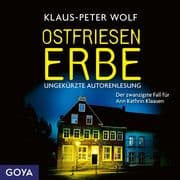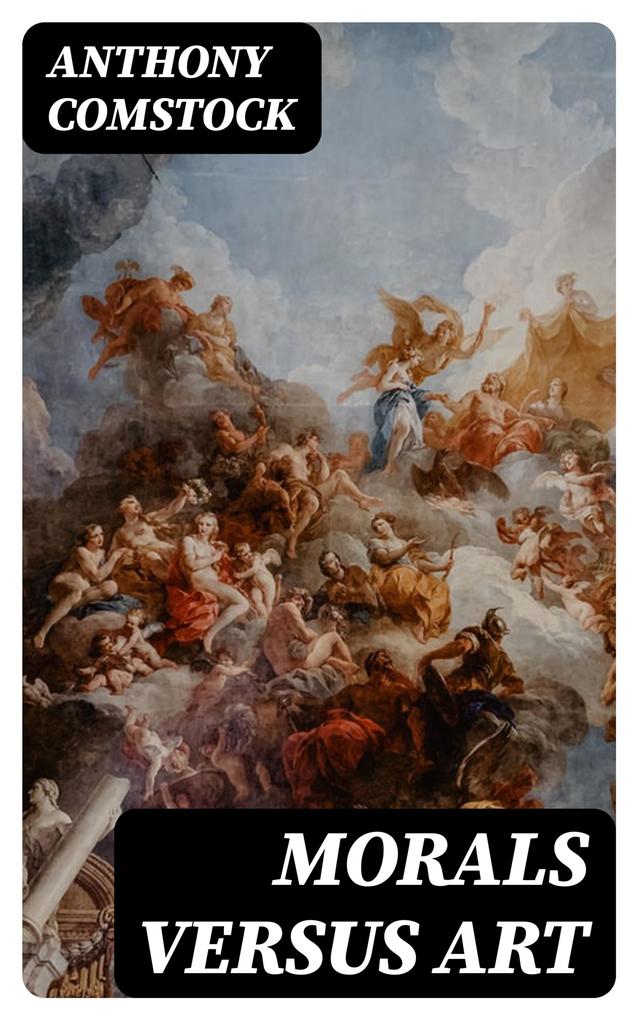In "Morals Versus Art," Anthony Comstock embarks on a provocative exploration of the complicated interplay between artistic expression and moral accountability. Written at the turn of the 20th century, the work is characterized by a polemical style that fuses detailed analysis with passionate rhetoric, reflecting the social tensions of the Progressive Era. Comstock delves into various forms of art, scrutinizing their ethical implications and the extent to which they may corrupt societal values, ultimately advocating for a moral high ground in cultural production. His arguments resonate with the growing anxieties surrounding art's role in society, a theme that foreshadows many contemporary debates between freedom of expression and community standards. Comstock, an influential figure in American social reform, is perhaps best known for his vigorous campaigns against obscenity and his role in founding the New York Society for the Suppression of Vice. His personal convictions, deeply rooted in his staunchly moralistic upbringing and faith, illuminate the motivations behind this work, which seeks to defend what he considers the sanctity of moral standards from the perceived licentiousness of art. "Morals Versus Art" is recommended for readers drawn to the intersections of art, morality, and social critique. Comstock's compelling arguments challenge readers to reconsider the responsibilities that come with artistic freedom, making it a vital read for scholars of American literature, ethics, and cultural studies.
In this enriched edition, we have carefully created added value for your reading experience:
- A succinct Introduction situates the work's timeless appeal and themes.
- The Synopsis outlines the central plot, highlighting key developments without spoiling critical twists.
- A detailed Historical Context immerses you in the era's events and influences that shaped the writing.
- A thorough Analysis dissects symbols, motifs, and character arcs to unearth underlying meanings.
- Reflection questions prompt you to engage personally with the work's messages, connecting them to modern life.
- Hand-picked Memorable Quotes shine a spotlight on moments of literary brilliance.
- Interactive footnotes clarify unusual references, historical allusions, and archaic phrases for an effortless, more informed read.












